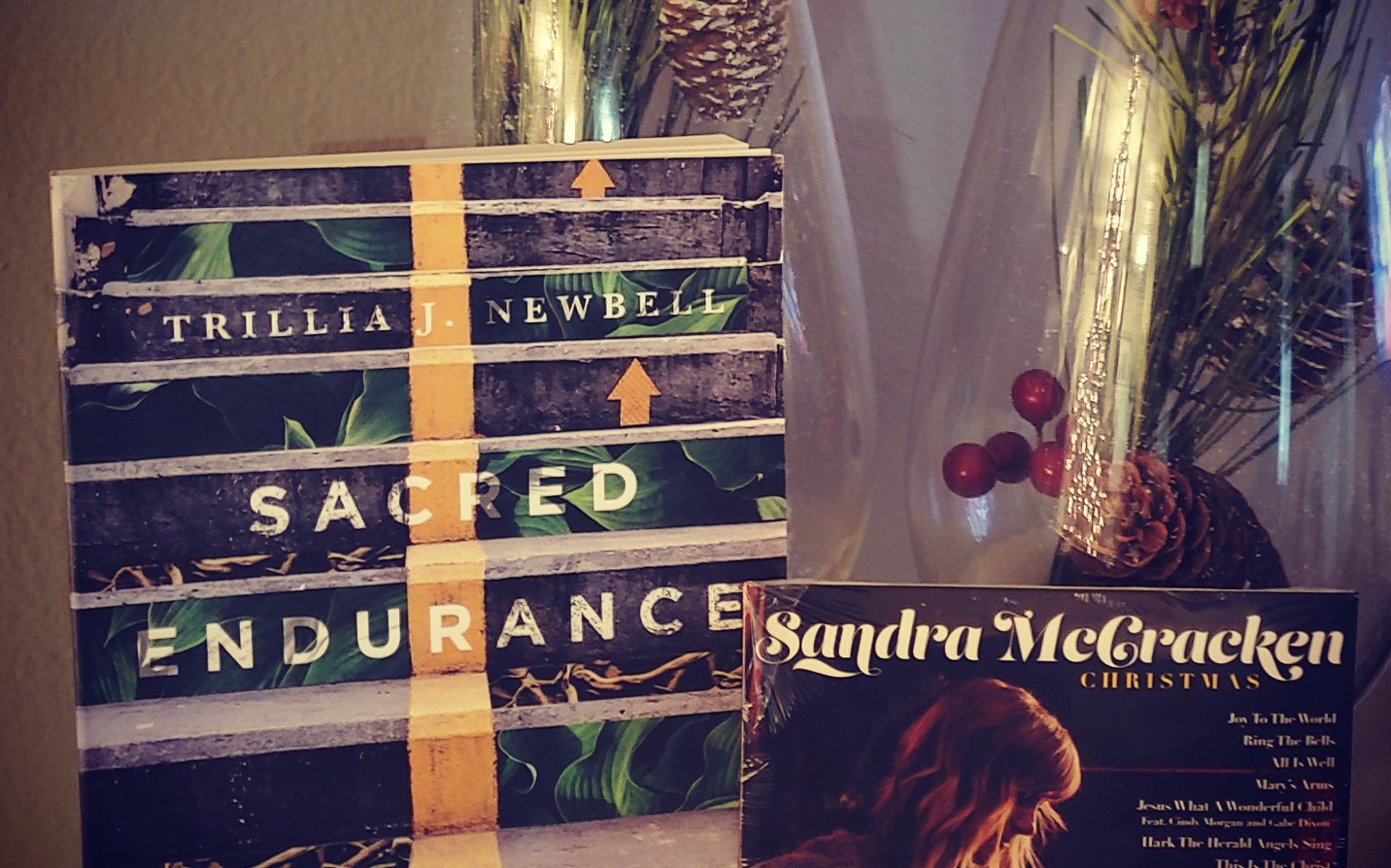Charlotte Forten: A Testimony to Grace
I’ve invited friends to share their own stories of endurance or the stories of others. My prayer is that you would be inspired and encouraged as you read each guest post. Learn more about my new book: Sacred Endurance.
By Catherine Parks
Charlotte Forten, a nineteenth-century African American activist, poet, and teacher, began keeping a journal in 1854, while attending a school in Salem, Massachusetts. She was the first black student at the Salem Normal School. As the granddaughter and daughter of people active in the abolitionist movement, she was accustomed to hearing accounts of the harsh treatment of slaves. Her fellow students, however, were from a different world.
An entry on the day after she began her journal concerned a runaway slave who had been captured and was awaiting trial:
Arrested like a criminal in the streets of [the] capital, and is now kept strictly guarded,—a double police force is required, the military are in readiness; and all this is done to prevent a man, whom God has created in his own image, from regaining that freedom with which, he, in common with every other human being, is endowed.
The African American community in Boston and surrounding areas waited in trepidation for the trial, only to be devastated when the enslaved man was convicted and returned to his master to be subjected to unimaginable harshness. In the aftermath of these events, Forten’s journal records her lament over the lack of empathy and understanding from others around her, especially pastors. She recognized that her fellow students didn’t see why she felt this response pained her so deeply. But Forten resolved to work harder so she could “change the condition of my oppressed and suffering people.”
One of the most striking parts of this teenager’s journal deals with her inner turmoil over seeking to follow Christ in her circumstances and her struggle to love her enemies, a timeless battle still felt today in the face of oppression and suffering:
I have been thinking lately very much about death, —that strange, mysterious, awful reality, that is constantly around and among us, that power which takes away from us so many of those whom we love and honor, or those who have persecuted and oppressed us, our bitter enemies whom we vainly endeavor not to hate. Oh! I long to be good, to be able to meet death calmly and fearlessly, strong in faith and holiness. But this I know can only be through One who died for us, through the pure and perfect love of Him, who was all holiness and love. But how can I hope to be worthy of His love while I still cherish this feeling towards my enemies, this unforgiving spirit? This is a question which I ask myself very often. Other things in comparison with this seem easy to overcome. But hatred of oppression seems to be so blended with hatred of the oppressor I cannot separate them. I feel that no other injury could be so hard to bear, so very hard to forgive, as that inflicted by cruel oppression and prejudice. How can I be a Christian when so many in common with myself, for no crime suffer so cruelly, so unjustly? It seems in vain to try, even to hope. And yet I still long to resemble Him in the last degree, for I know that it must be so ‘ere I can accomplish anything that is really good and useful in life.
Seeing the treatment of her fellow man by many who claimed Christ and used the very Bible she read and loved to defend slavery, Forten could have turned away. But her faith was not owned by her oppressors; it was the faith of her father and mother and many who had gone before her, and it was her faith, hard-won and dependent on Christ. Yet this doesn’t mean it was easy. Looking around at her world, she frequently felt helpless and close to despair:
But oh, how inexpressibly bitter and agonizing it is to feel oneself an outcast from the rest of mankind, as we are in this country! To me it is dreadful, dreadful. Were I to indulge in the thought I fear I should become insane. But I do not despair. I will not despair; though very often I can hardly help doing so. God help us! We are indeed a wretched people. Oh, that I could do much towards bettering our condition. I will do all, all the very little that lies in my power, while life and strength last!
And Forten endured in this passionate goal, breaking barriers to lift others up and serve them throughout her lifetime. She eventually became the first African American teacher hired to teach white students in a Salem public school. And later, as part of the Port Royal Experiment in the Sea Islands of South Carolina, Forten became the first black teacher to teach at the Penn School on St. Helena’s Island, spending her days teaching children newly freed from slavery and her nights teaching their parents and other former slaves from the plantations. Her journals of this time in South Carolina were printed in the Atlantic in 1864.
Before her marriage in 1878, Forten worked as a high school teacher and then as a clerk in the US Treasury Department in Washington, DC. She continued her efforts in charity and education after her marriage to Presbyterian minister Francis J. Grimké, who pastored the prominent African American congregation of Fifteenth Street Presbyterian Church in DC.
Charlotte Forten Grimké’s life is a testament to the grace of God and the desire He gave her to love others, as she wrote in her journal in her early twenties and continued to do so until her death in 1914:
I ask thee, Oh! Heavenly Father! To make me truly unselfish, to give to me a heart-felt interest in the welfare of others; —a spirit willing to sacrifice my own; —to live “for the good that I can do!”
Catherine Parks is a writer and Bible teacher who lives in Nashville, Tennessee, with her husband, two children, and a cute dog named Ollivander. She’s the author of four books, including Empowered and Strong, collections of Christian biographies for middle-grade readers. You can find more of her writing at www.cathparks.com.
RELATED CONTENT











